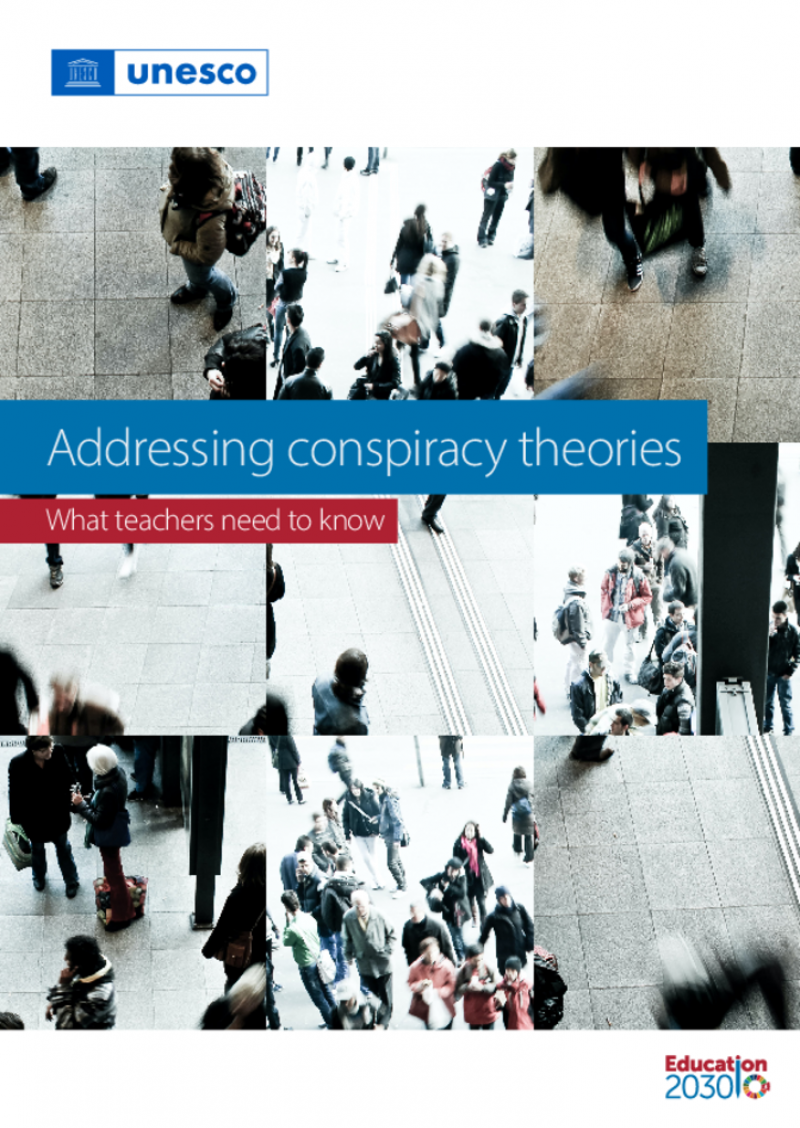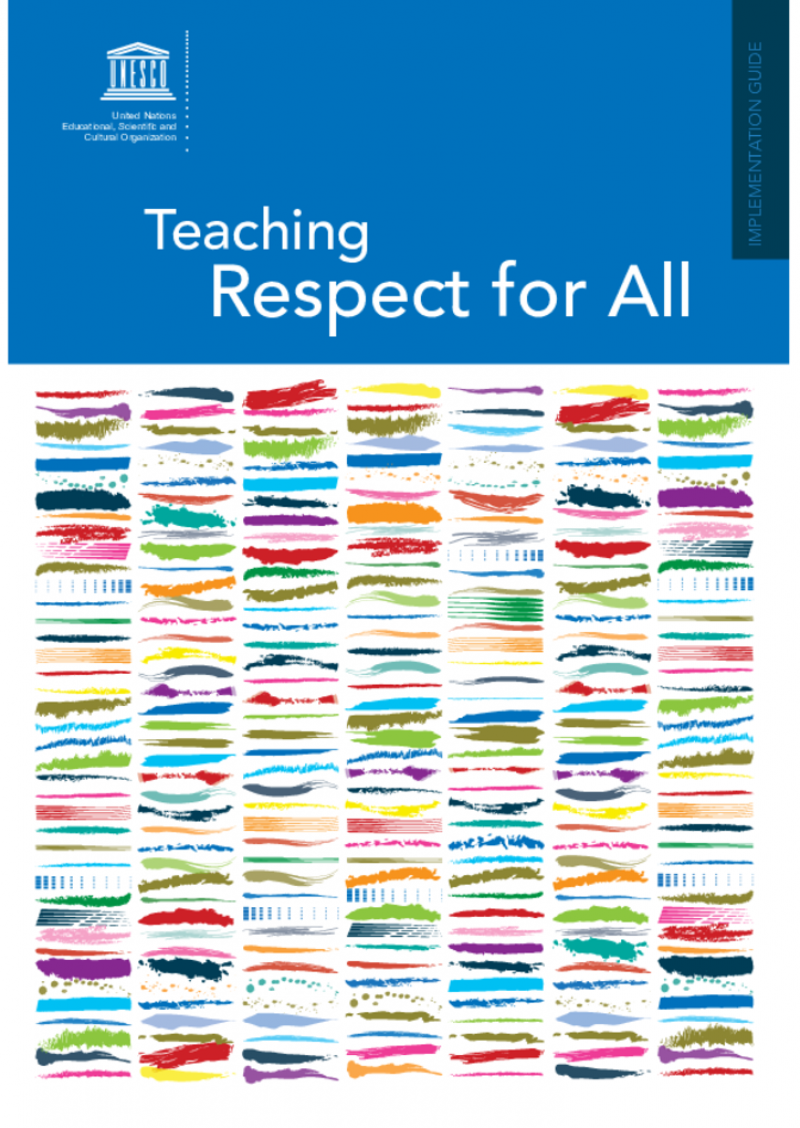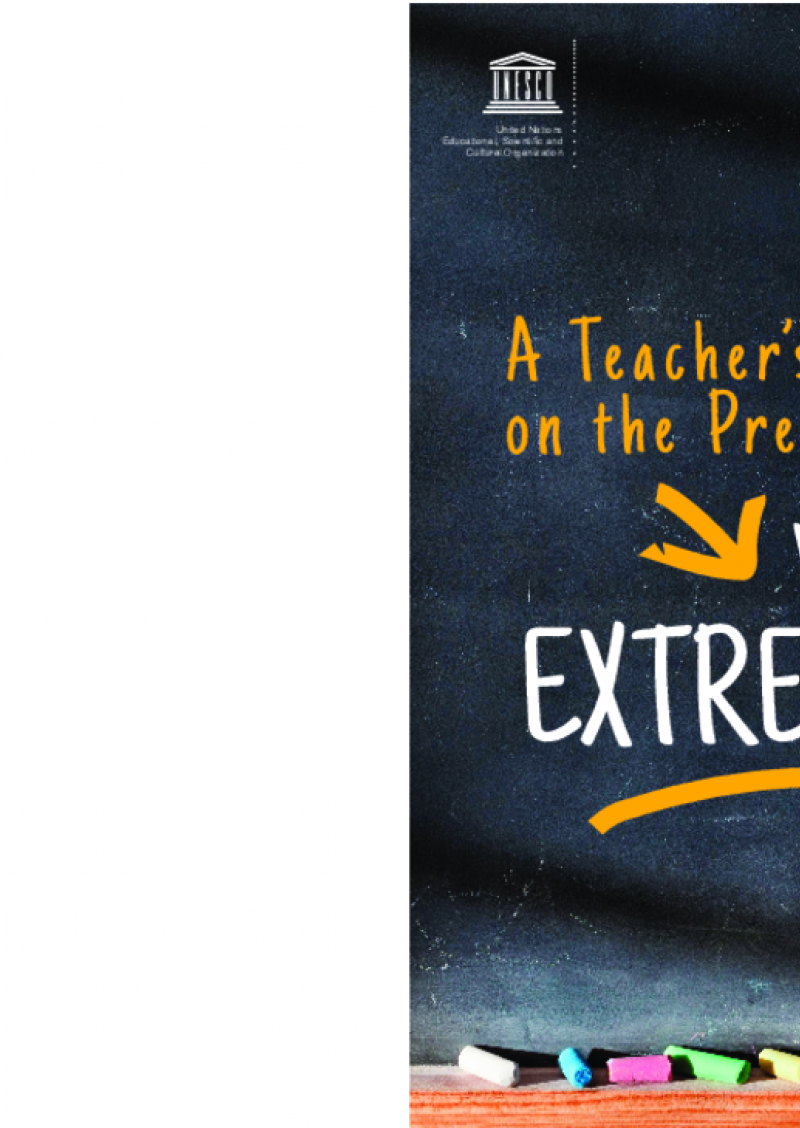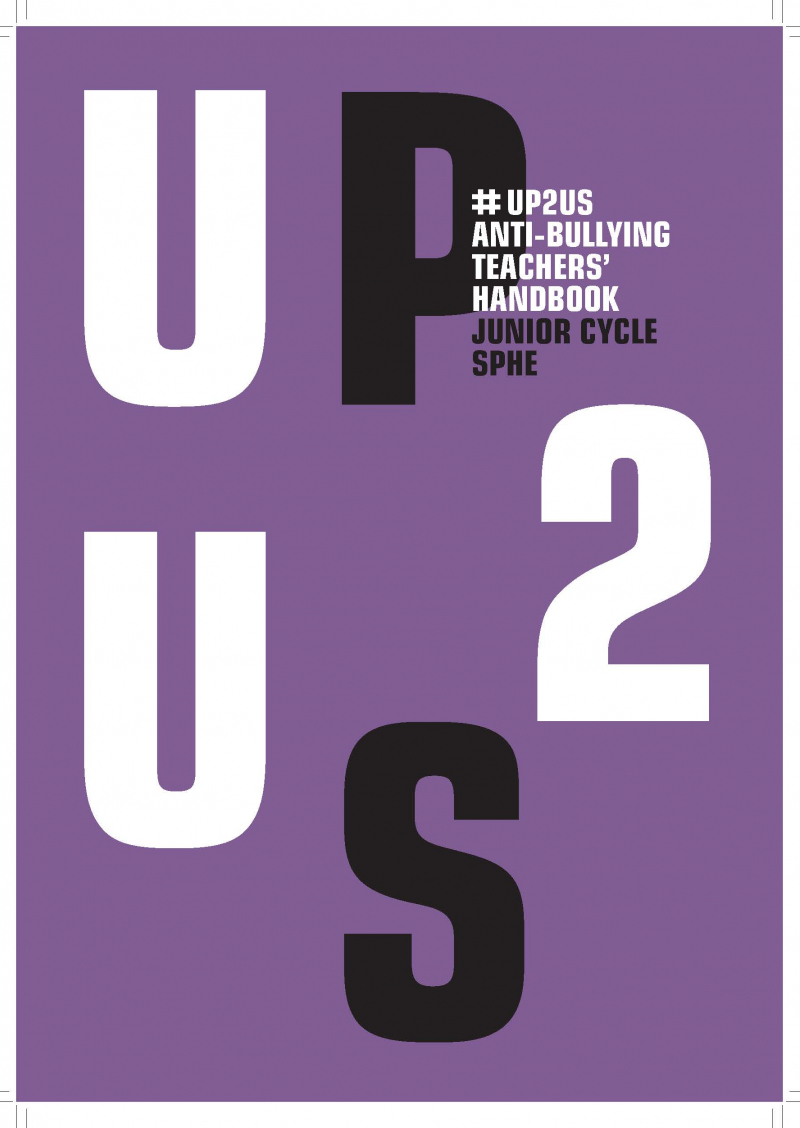Teacher Resource Centre
Displaying 61 - 80 of 93
How to become a remote teacher in 24 hours
Recognize e-learning technology.
Identify the main components of e-learning.
Identify tools for managing the educational process in e-learning.
Uses the tools of the educational process: Moodle Cloud.
Social and emotional learning for schools
This is a dual certifying course that combines social and emotional learning (SEL) for classrooms and SEL for teachers. The objective of the certification is to enhance personal well-being and build the professional capacity of teachers for SEL.
Online Learning Design for Educators Specialization
Specialization offering three courses for educators seeking to improve and expand their repertoire of online teaching skills related to the design, development and delivery of effective and engaging online courses and lessons for school age and adult learners. It includes three courses: "Online education: The foundations of online teaching", "Create video, audio and infographics for online learning", "Online teaching: Using Zoom to connect with learners". It is possible to audit the courses for free.
Transformative pedagogy: a teachers’ guide for peace and resilience building in North Africa
This guide is designed to build the capacity of teachers so that they are informed and empowered in why and how to educate for peace-building. It offers an analysis of conflict, examines the role of ethics, expands on the elements of transformative pedagogy. It also provides practical tools to support learners’ active participation in shaping the world around them and assess learners’ understanding of peacebuilding concepts and skills, all while engaging the community.
Addressing anti-semitism in schools: training curriculum for secondary education teachers
This publication is part of a four-volume set of training curricula to address anti-Semitism in schools. This volume focuses on the training curriculum for secondary education teachers. Each volume in this set aims to assist trainers in the field of education globally to work effectively towards strengthening the capacity of teachers to prevent and respond to antiSemitism, this specific and highly dangerous type of prejudice directed at Jewish people. In this sense, the curriculum addresses anti-Semitic prejudice and perceptions of Jews, phenomena which often also fulfil a social and political function in societies around the world; it is not material aimed at preparing teachers for intercultural dialogue.
Addressing anti-semitism in schools: training curriculum for vocational education teachers
This publication is part of a four-volume set of training curricula to address anti-Semitism in schools. This volume focuses on the training curriculum for vocational education teachers. Each volume in this set aims to assist trainers in the field of education globally to work effectively towards strengthening the capacity of teachers to prevent and respond to antiSemitism, this specific and highly dangerous type of prejudice directed at Jewish people. In this sense, the curriculum addresses anti-Semitic prejudice and perceptions of Jews, phenomena which often also fulfil a social and political function in societies around the world; it is not material aimed at preparing teachers for intercultural dialogue.
Addressing anti-semitism in schools: training curriculum for school directors
This publication is part of a four-volume set of training curricula to address anti-Semitism in schools. This volume focuses on the training curriculum for school directors. Each volume in this set aims to assist trainers in the field of education globally to work effectively towards strengthening the capacity of teachers to prevent and respond to antiSemitism, this specific and highly dangerous type of prejudice directed at Jewish people. In this sense, the curriculum addresses anti-Semitic prejudice and perceptions of Jews, phenomena which often also fulfil a social and political function in societies around the world; it is not material aimed at preparing teachers for intercultural dialogue.
Addressing anti-semitism in schools: training curriculum for primary education teachers
This publication is part of a four-volume set of training curricula to address anti-Semitism in schools. This volume focuses on the training curriculum for primary education teachers. Each volume in this set aims to assist trainers in the field of education globally to work effectively towards strengthening the capacity of teachers to prevent and respond to antiSemitism, this specific and highly dangerous type of prejudice directed at Jewish people. In this sense, the curriculum addresses anti-Semitic prejudice and perceptions of Jews, phenomena which often also fulfil a social and political function in societies around the world; it is not material aimed at preparing teachers for intercultural dialogue.
Addressing conspiracy theories: what teachers need to know
This document intends to support educators limit the dissemination of conspiracy theories by responding to them when they are shared among learners or within the wider school community.
Teaching respect for all: implementation guide
This Teaching Respect for All Implementation Guide comprises a set of policy guidelines, questions for self-reflection, ideas and examples of learning activities to integrate Teaching Respect for All into all aspects of upper primary and lower secondary education, in an effort to counteract discrimination in and through education. It mainly targets policy makers, administrators/headteachers and formal and informal educators.
Part 2 targets headteachers and education NGO managers, suggesting key areas of intervention with a list of possible actions/activities and Part 3 targets teachers and describes methods of dealing with difficult topics such as racism and discrimination with learners as well as provides suggestions for possible entry points and topics to link the issues of respect for all with particular teaching subjects.
Youth empowerment for peace and resilience building and prevention of violent extremism in Sahel and surrounding countries: a guide for teachers
This guide is designed to build the capacity of secondary school teachers and teacher educators to integrate a peace and resilience building approach in education for the prevention of violent extremism. It builds on the Transformative Pedagogy for Peace-building guide and it was contextualized to the context the Sahel and surrounding countries.
The guide redefines the role of teachers, inviting them to make a paradigm shift in adopting a transformative pedagogy that allows learners to actively participate in their own learning. Transformative pedagogy builds on active pedagogy and the competencies-based approach. The guide concludes with engaging learning activities to support experiential learning.
Transformative pedagogy for peace-building
This guide is designed to build the capacity of teachers so that they are informed and empowered in why and how to educate for peace-building. It offers an analysis of conflict, examines the role of ethics, expands on the elements of transformative pedagogy and provides practical tools to assess learners’ understanding of peacebuilding concepts and skills. It concludes with 20 engaging activities to support experiential learning.
The guide was developed as part of the "Teacher Training and Development for Peace-building in the Horn of Africa and Surrounding Countries project", which has as a long-term goal to develop a critical mass of teachers able to implement effective teaching and learning essential for preparing peace-loving and productive youth in Eritrea, Ethiopia, Kenya, Somalia, South Sudan and Uganda.
Empowering students for just societies: a handbook for secondary school teachers
The aim of this guide is to provide teachers with a selection of relevant and accessible in-classroom and out-of-classroom educational resources (summaries of short activities, lessons, units) that aim to instil the principles of the rule of law among secondary school students.
It can also be used by professionals working in non-formal education or engaging with young people, for example, in sports associations, community organizations, social work and the justice sector.
A guide for primary school teachers is available here.
Empowering students for just societies: a handbook for primary school teachers
The aim of this guide is to provide teachers with a selection of relevant and accessible in-classroom and out-of-classroom educational resources (summaries of short activities, lessons, units) that aim to instil the principles of the rule of law among primary school students.
It can also be used by professionals working in non-formal education or engaging with young people, for example, in sports associations, community organizations, social work and the justice sector.
A guide for secondary school teachers is available here.
A teacher's guide on the prevention of violent extremism
This is UNESCO’s first teacher’s guide on the prevention of violent extremism through education. It was developed in order to ensure its relevance in different geographical and socio-cultural contexts. Therefore, it can be used as it is or further contextualized, adapted and translated in order to respond to the specific needs of learners.
The guide seeks to:
- provides practical advice on when and how to discuss the issue of
violent extremism and radicalization with learners;
- help teachers create a classroom climate that is inclusive and conducive
to respectful dialogue, open discussion and critical thinking.
Dear Kitty: worksheets for the film Where is Anne Frank?
These worksheets are to be used with the teacher's guide "Dear Kitty: teacher's guide for the film Where is Anne Frank?".
Dear Kitty: teacher's guide for the film Where is Anne Frank?
This guide provides teachers with the necessary tools to highlight historical and current themes from the animated film "Where is Anne Frank".
It includes a preparatory lesson, a lesson to discuss the film and four detailed thematic follow-up lessons. The film and the lessons are accompanied by extensive background information and ready-to-use worksheets with information, questions and assignments.
Recommendations for teaching and learning about the Holocaust
Benefiting from the expertise of delegates from more than 30 member countries, the IHRA Recommendations for Teaching and Learning about the Holocaust are intended to provide a basis for policymakers, practitioners, and educators that will help them:
1. Develop knowledge of the Holocaust, ensuring accuracy in individual understanding and knowledge and raising awareness about the possible consequences of antisemitism;
2. Create engaging teaching environments for learning about the Holocaust;
3. Promote critical and reflective thinking about the Holocaust including the ability to counter Holocaust denial and distortion;
4. Contribute to Human Rights and genocide prevention education
Anti-bullying teacher's handbook
This anti-cyber bullying resource is designed to enable students to develop a positive sense of themselves and a commitment to caring for themselves and others.
It includes a set of ten lesson plans that is intended to be used by teachers and schools who wish to address the issue of bullying as a whole, with particular focus on the issue of cyber bullying.
Cyberbullying on social media: an analysis of teachers’ unheard voices and coping strategies in Nepal
Teachers can be potential victims of cyberbullying, particularly targeted by their students at their workplaces.
This article explores teachers' individual coping strategies of sharing, ignoring and enhancing self-efficacy to handle technology strongly and confidently, and it concludes with the implications of collaborative coordination necessary for the development of strong policies and strict cyber laws for ensuring teachers’ cybersecurity in similar contexts.
















